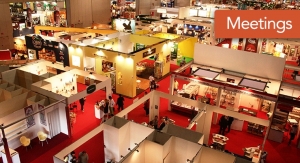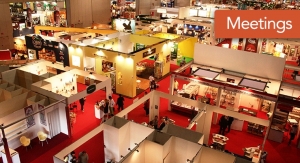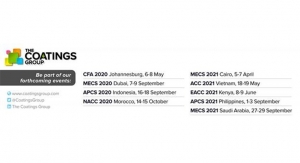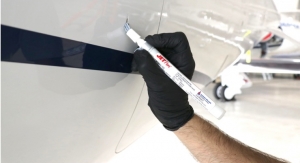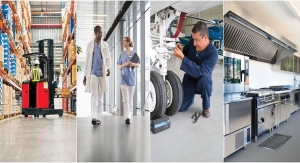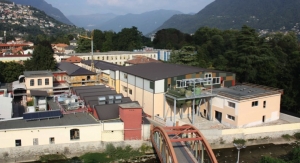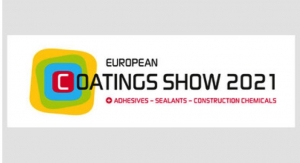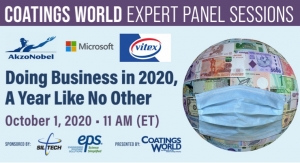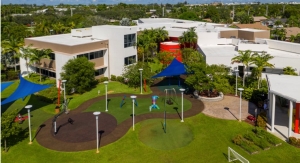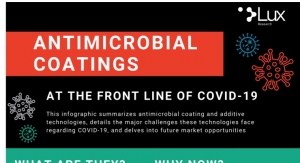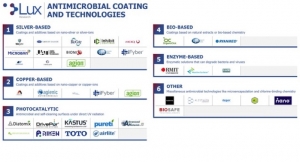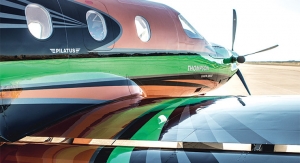n-tech Research released a research report titled, Smart Antibacterial and Antiviral Markets, 2020.
In the study, the firm projects that the market for smart antibacterial and antiviral products will reach $1.3 billion by 2025 driven by efforts to combat COVID-19 and provide a safer workplace, healthcare, and improved public health.
n-tech predicts that end-users will now buy more antimicrobial coatings and surfaces to prevent the spread of pathogens.
In the past, the biggest drivers for smart anti-microbials have been healthcare-acquired infections and antibiotic-resistant bacteria.
The severity of COVID-19 means that both consumer and industrial markets are now intensely interested in providing anti-microbial protection.
In the past, consumers have been reluctant to buy smart antimicrobial products because of their high price and short life.
A major focus of antimicrobial R&D is to make them more cost-effective and give them longer lifetimes.
Established smart materials – self-cleaning and self-healing coatings and surfaces – are important in providing anti-microbial functionality.
By 2025, smart antiviral coatings are expected to generate $340 million in revenue, with much of these revenues coming from pre-existing products that have been re-purposed for the age of COVID-19.
Rebranding or re-purposing existing products enables suppliers to quickly move into the rapidly growing market for antivirals.
Smart antibacterial surfaces are expected to produce revenues for $306 million by 2025. These include surfaces with embedded sensors and delivery mechanisms that deliver antibacterials. Also relevant are smart cleaning surfaces and smart healing surfaces. Future antimicrobial smart surfaces may embody sensors to identify and detect dangerous bacteria.
Antiviral surfaces do not exist yet but may appear on the market in the next eight to ten years.
n-tech expects a flood of material innovations to stop the spread of bacteria and especially viruses. Novel materials including biocides, antimicrobial peptide coatings, organosilane nanocoatings and liquid metals are forecast in the report to reach $227.3 million for antibacterial use.
Additional details of the report are available at https://www.ntechresearch.com/market-reports/smart-antibacterial-materials/

